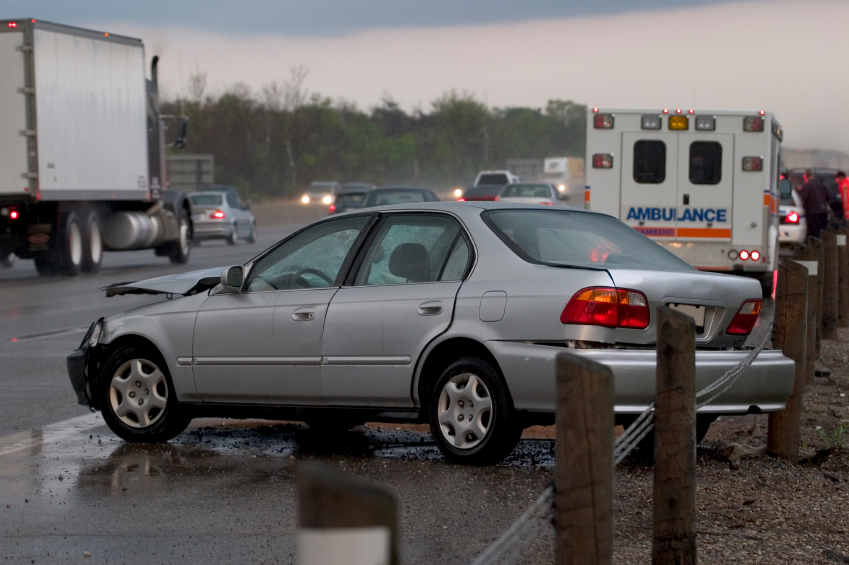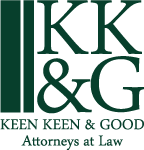
Car Accidents: 8 Essential Tips
During the fall and winter season, we experience an increase in the risk of car accidents due to driving on roads which become unsafe as a result of exposure to the cold, rain, and snow. We urge you to be careful while driving a vehicle or riding within one. Pay attention to the road and the drivers around you. Most of all, obey the law, especially when it comes to wearing your seatbelt and keeping your mobile phone tucked away (but charged).
The following are “8 essential steps” to consider in the event you do get involved in a car accident.
1. Be Prepared
Pack your car with key emergency and safety essentials, such as: flashlight, flares, blanket, hat and gloves, washer fluid, first aid supplies, a fully charged cell phone, jumper cables, kitty litter, shovel, ice scraper and brush. Also, be sure to carry your driver’s license, insurance card, and registration.
2. Seek Medical Attention
The safety and well-being of those involved in the accident should be your primary concern. Call 911 to inform medical personnel of your location and need. Even if emergency treatment is not required, seek medical treatment for any injuries as soon as possible. Be sure to follow your doctor’s orders and continue treatment until you have fully recovered.
3. Notify Authorities
Even if the damage to your vehicle looks minimal, it is important to have the authorities document the accident. Once again, call 911 to request a police investigation and official report which may prove critical in preserving and ultimately establishing your claim.
4. Gather Information
Get the name, address, telephone number, and insurance information of all drivers involved. If there are witnesses, make sure to get their names, addresses, and telephone numbers. Note the time of day, road and weather conditions, and any other relevant facts about the scene. Finally, if it is safe to do so, take photographs of the accident, including the scene, vehicles involved, and any damage.
5. Call Your Insurance Agent
Report the accident to your insurance company and contact your insurance agent as soon as possible.
6. Do Not Admit Fault
Even if you feel that you are responsible for the accident, circumstances may prove otherwise. If it later turns out that you were not at fault, statements claiming responsibility for the accident can still be used against you and may significantly damage your claim.
7. Do Not Discuss the Case
While it is tempting to discuss the accident with those around you, do not discuss the case with anyone besides the police, your insurance agent, and your attorney.
8. Contact an Attorney at Keen, Keen & Good
Contacting one of our experienced attorneys will put you in a position to protect your claim, negotiate with insurance companies and, if necessary, fight for your potential recovery in court.


